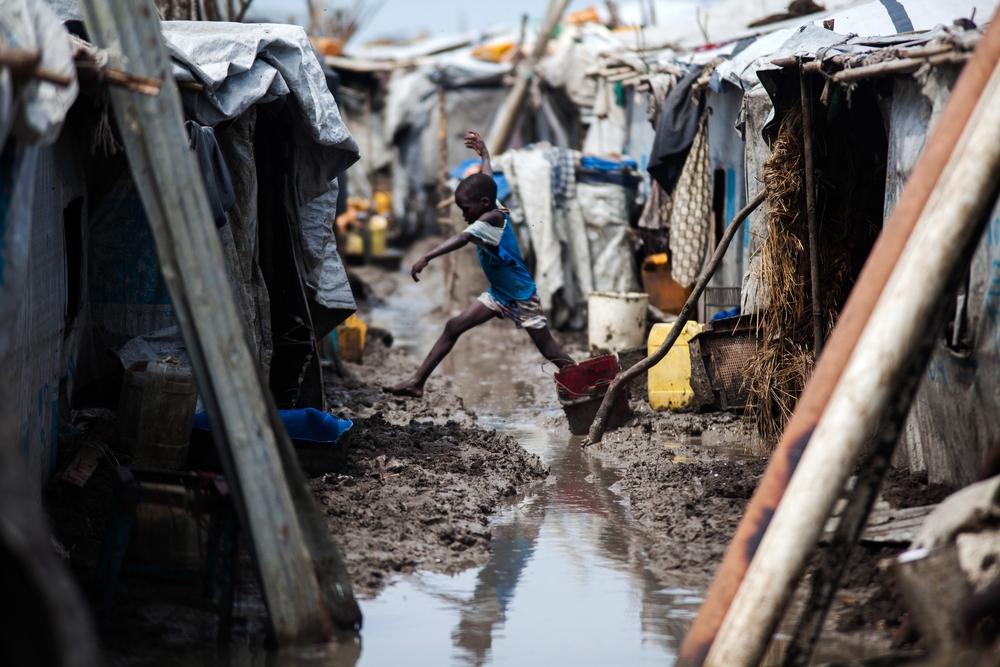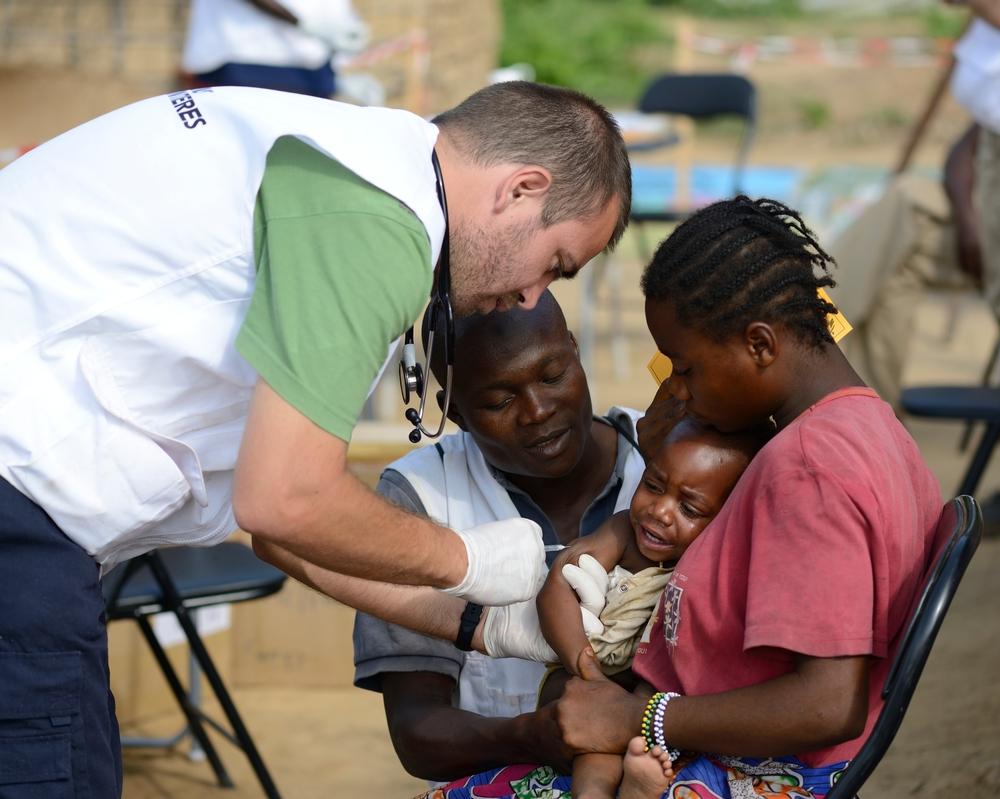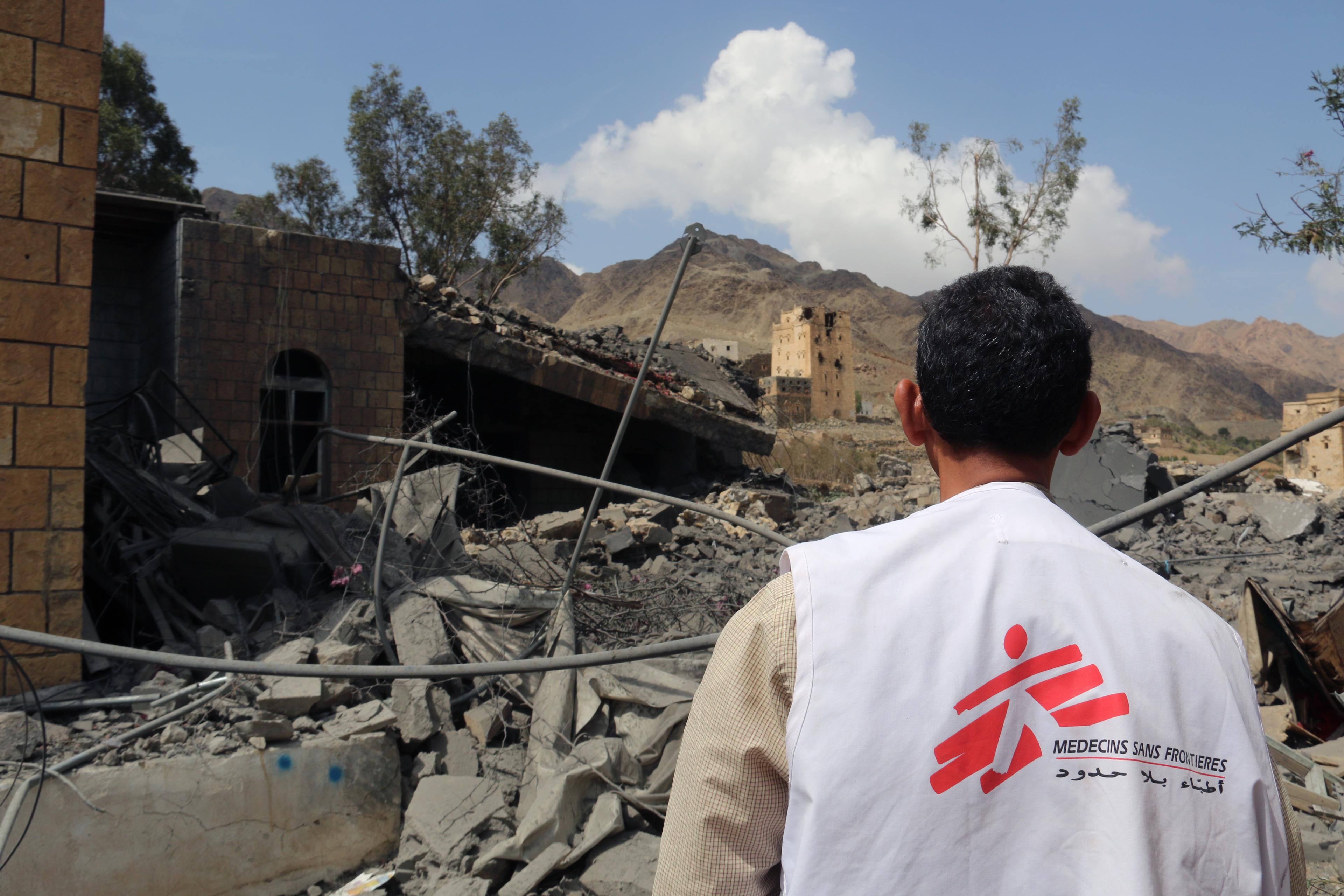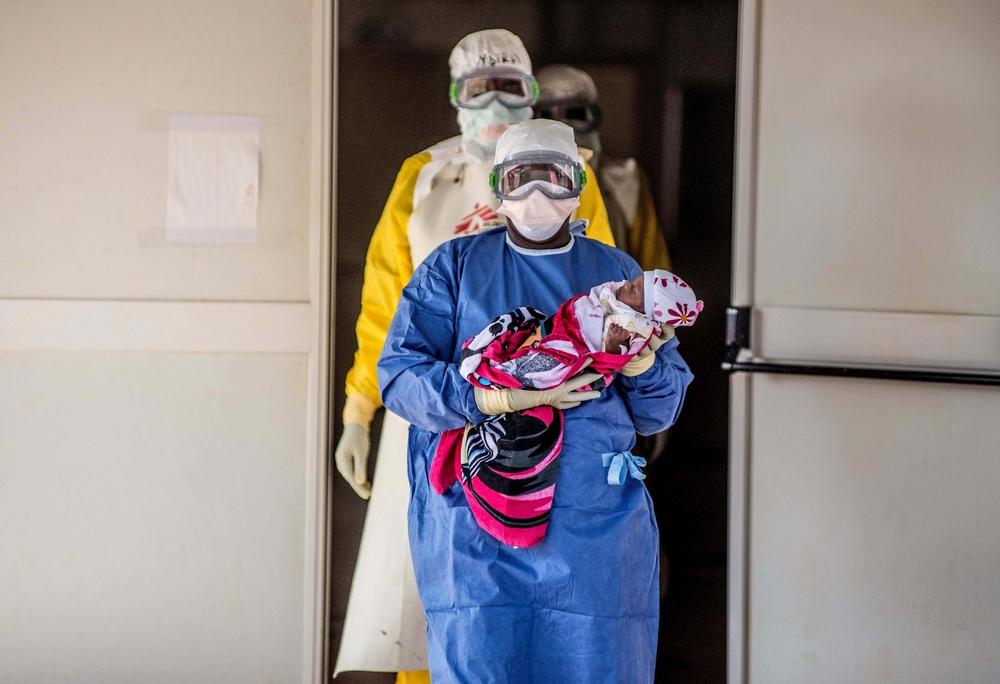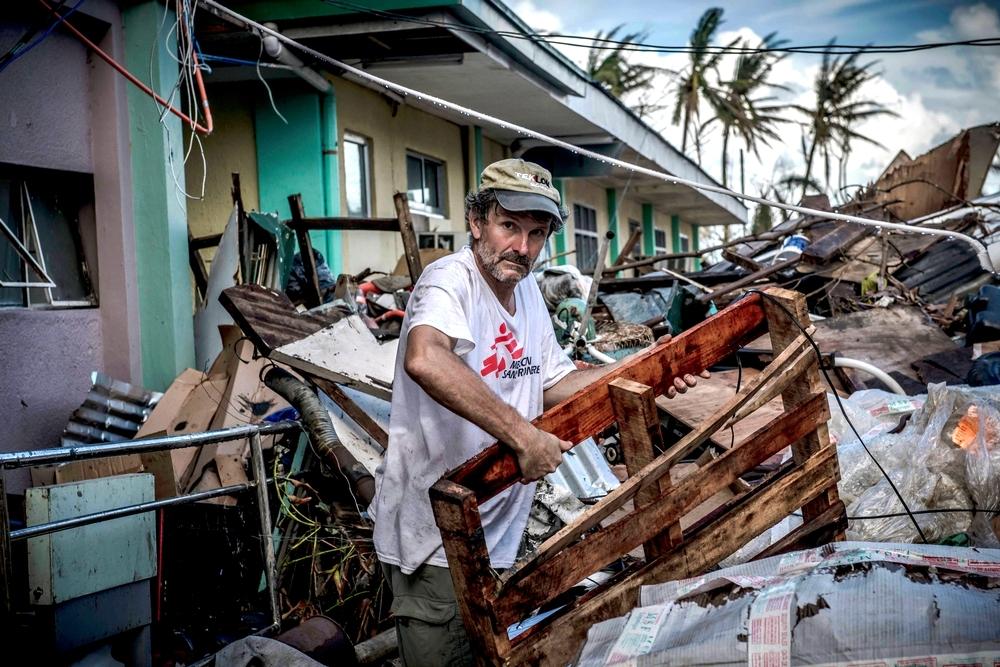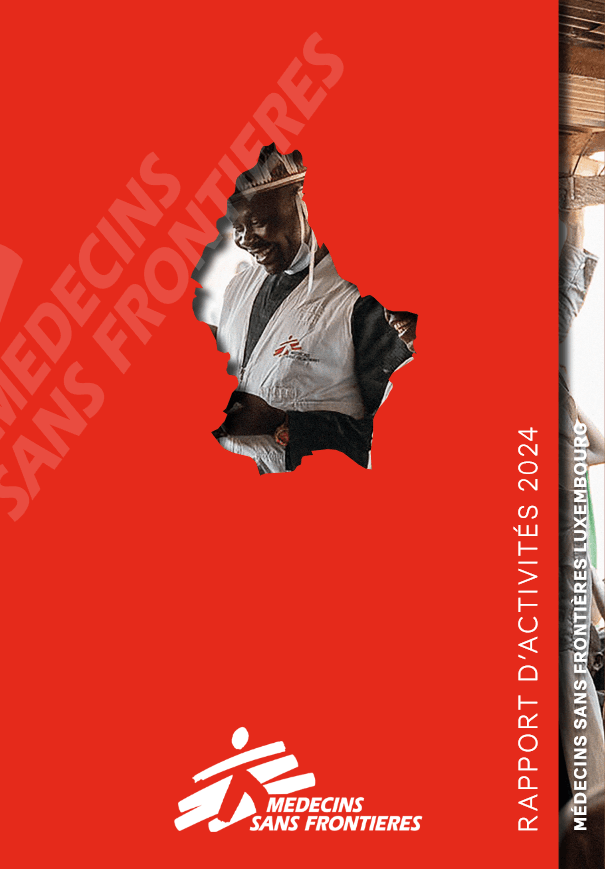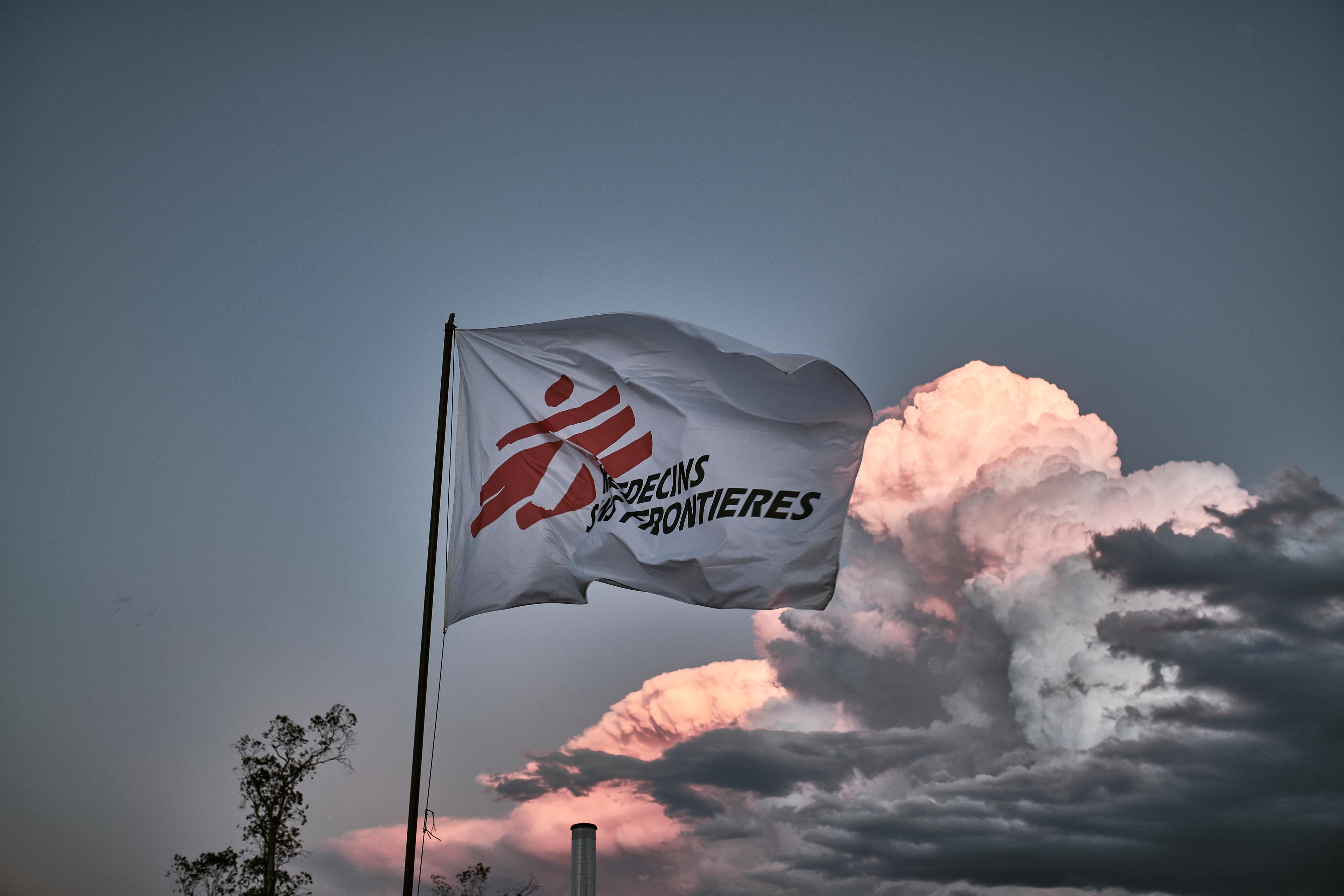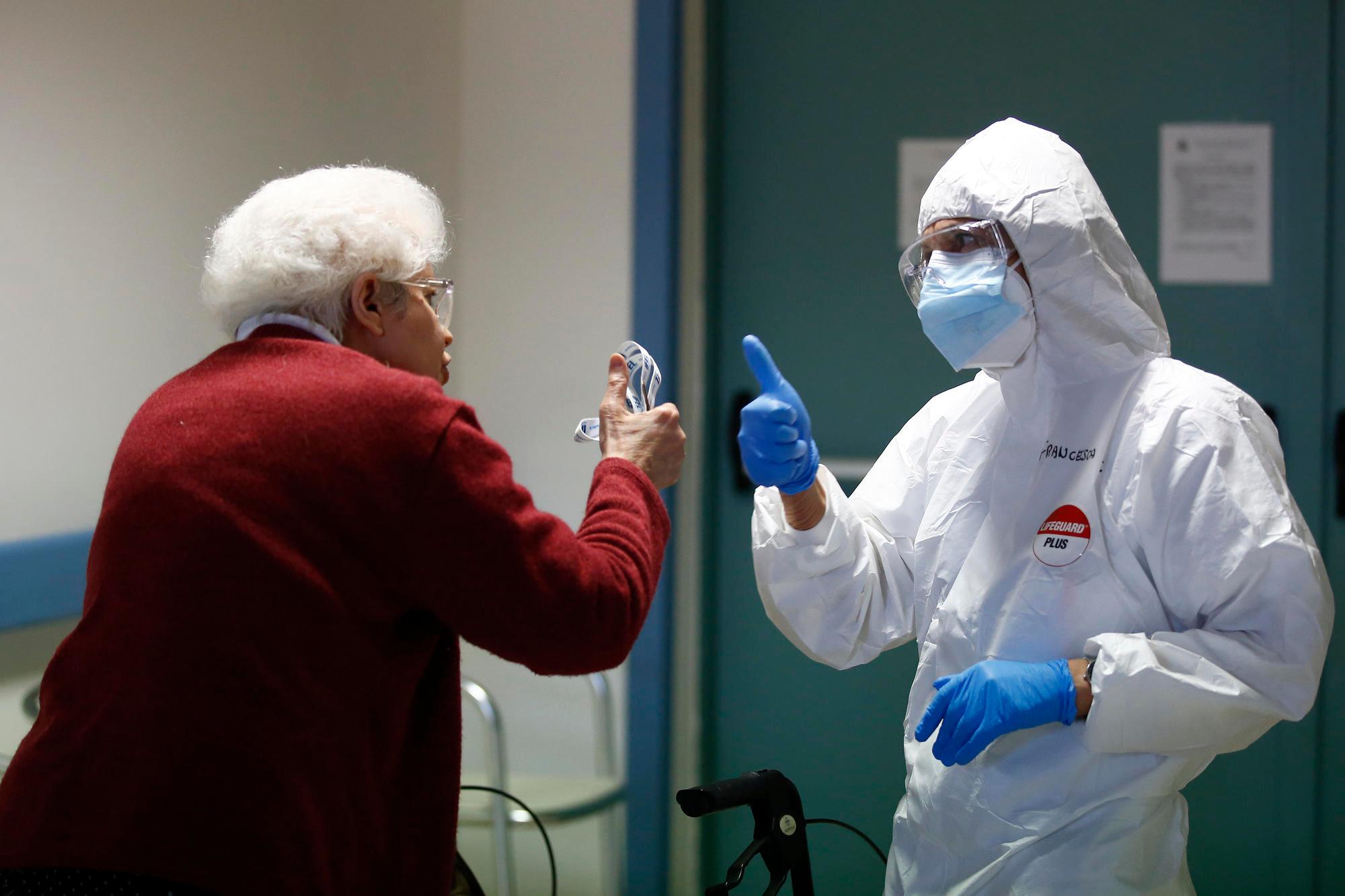
What do we do?
Where we work
MSF goes where the need is greatest, whether it's a natural disaster, a war, an exodus of refugees or people deprived of healthcare.
With your help, MSF runs hospitals and clinics, performs surgeries, fights epidemics, carries out vaccination campaigns, runs nutrition centres and provides mental health care.
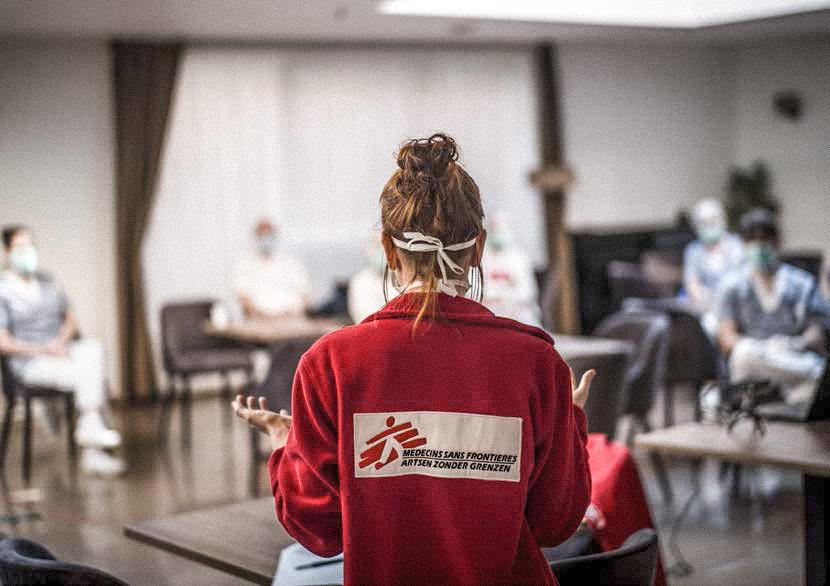
Medical approach
Not all disasters strike without warning: some take some time to manifest themselves.
They evolve over the course of several decades: this is particularly the case when a disease decimates a population, when instability undermines the health system or when populations are progressively deprived of access to healthcare.
MSF seeks to help the people who need it most, wherever they are. Its doctors carry out more than 8 million consultations a year, and its medical activities range from basic vaccination campaigns to the most complex surgical interventions.
Its emergency medical work extends to neglected and forgotten diseases, and to the long-term treatment of chronic illnesses. The organisation also advocates the for availability of affordable, high-quality medicines for the world's poorest populations.
Nos terrains d'opérations
Our fields of operation :
Financial transparency
Private donations make up more than 99% of our resources. It is through your support and your commitment to us that we can act with complete independence and intervene wherever the situation requires, without discrimination.
MSF Luxembourg's accounts and balance sheet are audited annually by PricewaterhouseCoopers (PwC), approved by the Annual General Meeting of Médecins Sans Frontières and registered with the Registre du Commerce et des Sociétés (Trade and Companies Register). For more information
PRIVATE FUNDING
OF FUNDS GO DIRECTLY TO THE FIELD
